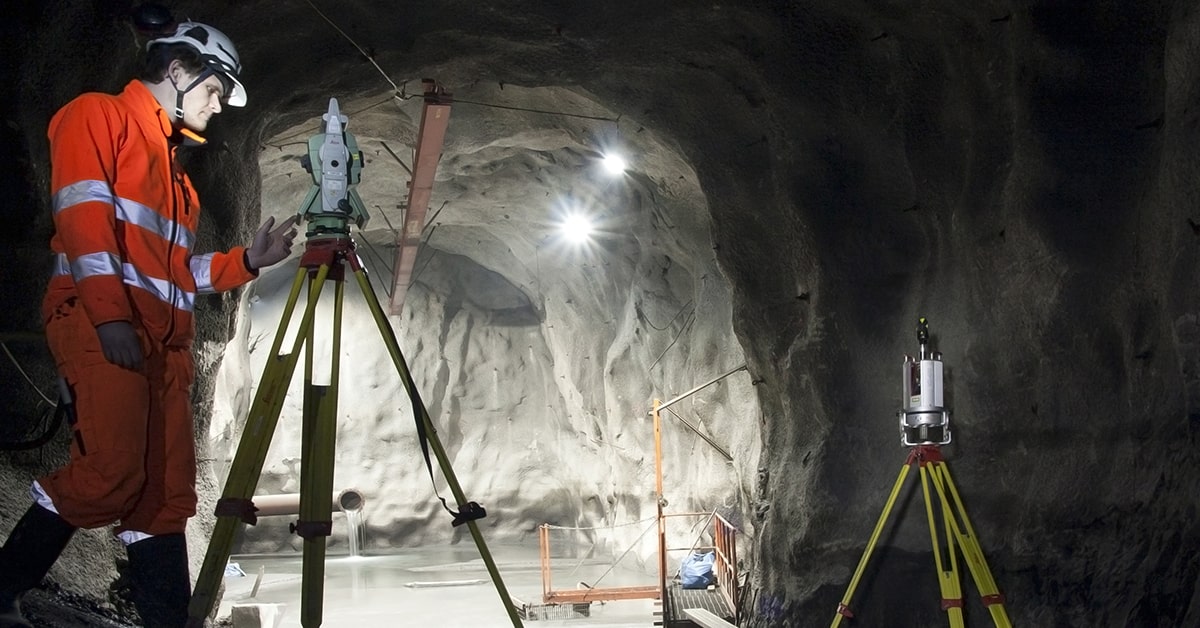According to Sweden’s state-owned mining company LKAB, more than one million tons of rare earth oxides—the largest deposit of its kind in Europe—was discovered near Kiruna, about 1,000 kilometers north of Stockholm.

Today, the EU relies on China for about 98% of its rare earths. However, the key to cutting into China’s share of the rare earth elements market might have been found in the harsh climates above the Arctic Circle.
According to Sweden’s state-owned mining company LKAB, more than one million tons of rare earth oxides—the largest deposit of its kind in Europe—was discovered near Kiruna, about 1,000 kilometers north of Stockholm.
Despite their name, these 17 metallic elements are not all that rare. Deposits of some of them are all over the world, and even the rarest among them, thulium, is over one hundred times more common than gold. Yet, while essential in manufacturing new technologies ranging from electric cars and wind turbines to missile guidance systems and artificial intelligence devices, they are not often found in concentrations that are economically worth mining.
“This is an exciting announcement and has the potential to make a major contribution to the security of supply within Europe in the future,” says Martin Smith, associate dean of the School of Applied Sciences at the University of Brighton.
The European Commission expects demand for rare earths to increase fivefold by 2030. By the end of March, it will unveil the Critical Raw Materials Act, which seeks to reduce Europe’s reliance on China for rare earth elements.
The immediate impact on the bloc’s supply will likely be limited.
“There will be a period of at least 10 years for further investigations of the deposit, permitting and mine construction, but the future impact is likely to be significant, particularly as the Kiruna area already has major mining infrastructure in place,” Smith says. Even if everything goes according to plan, the reserves will hardly cover all of Europe’s needs. Processing and refining rare earth ores is a difficult and hazardous processes.
“I don’t think anything can shake China’s dominance, as they have the current world’s largest reserves and more resources they can bring online,” Smith argues.



